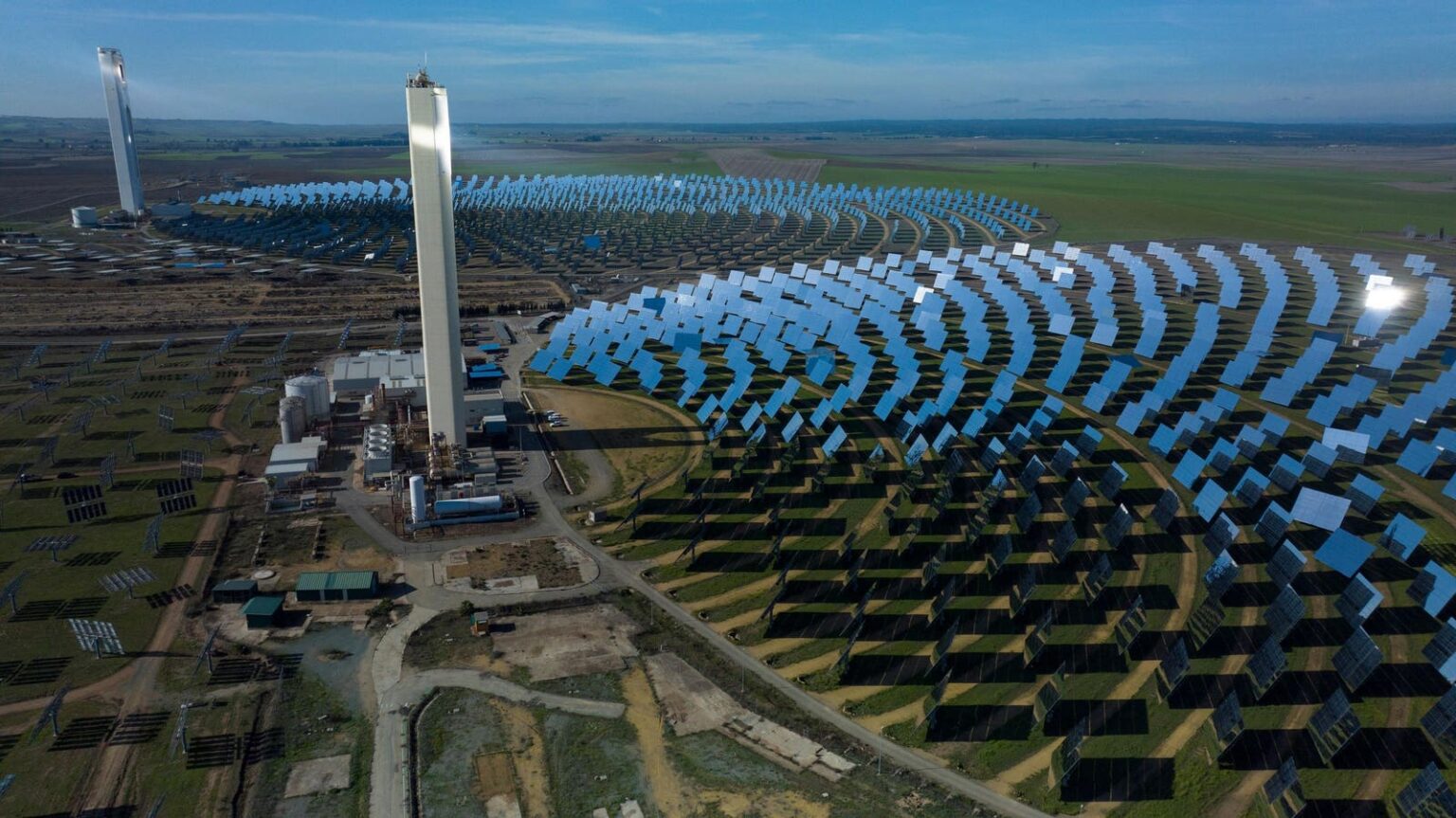TOPSHOT – A man and a child walk through a local market during a massive power cut in Vigo, … More
AFP via Getty ImagesOn April 28th, a sudden frequency drop in Spain’s power grid triggered cascading shutdowns, leaving millions without power. Everything stopped as people struggled to power their homes, get to work, or even go to the bank. Portugal, which is heavily connected to Spain’s grid, experienced similar losses. With power restored experts are now discussing the causes, the solutions, and the risks it highlighted.
The first thing people noticed is that every blackout is impacting humans more than before. This sounds self-explanatory when you think about human progress but there is a unique difference in just the last few years, where society is having an exponentially tougher time without power, largely from accelerating electrification.
“The increasing electrification of critical services such as transport, communications, heating, and cooling, which are key elements of the low-carbon transition, mean that society’s dependency on electricity is growing,” said Jianzhong Wu, Professor of Multi-Vector Energy Systems, University of Cardiff.
Not only is power demand rapidly increasing, putting more strain on legacy grids, but our personal dependency on power throughout the day has also exploded. AI is only going to increase this, with projections that by 2030 many grids globally may see 10% of their demand from AI related use cases. AI demand is probably scarier because you can’t time it to avoid peak hours as you would by charging a car at night. For example, schools and businesses that integrate AI are not going to be doing that in the middle of the night, in fact the exact opposite, as they will need real time responses during the day. This concentrates demand which is tougher to handle.
Growing demand is coming up against grids that have increasingly variable power sources, given the increase in renewables. Many are citing that the head of Spain’s electricity operator, REE, had even previously warned, just within the last few months that “the high penetration of renewable generation without the necessary technical capacity to deal adequately with disturbances can lead to production cuts.”
Extremists on both sides have gravitated to the situation with individuals claiming that renewables are unreliable and outright dangerous. Renewable champions meanwhile are suggesting that an increase of off-grid solutions, only achievable from clean technologies, would reduce future impacts. They claim there is no way that renewables could have contributed, and that climate change and temperature differentials are also a factor. Extremist views on either side are unproductive and just further entrenches resistance. Renewable champions worry that even though renewables are a great solution, with declining costs, acknowledging the risks such as intermittency and even land use, may become soundbites for their opponents. At the same time those worried about consumer costs and grid stability start to worry more about renewables because they don’t understand why the risks such as intermittency are being glazed over by champions.
The bottom line is that the increased presence of renewables can be compensated for with updated grids, but the variability of solar and wind certainly can contribute to grid instability if not managed. One size fits all views are also fundamentally at odds with a resilient power system, and the less resilient systems get, then the more people will fight against it. A good example is that the jurisdictions that are witnessing the fastest renewables growth and adoption, for example Texas, or China, have taken an all of the above energy approach. The parallel increase in fossil fuel baseload keeps consumers happy and provides certainty, while the rapid expansion of renewables is lowering costs and reducing emissions.
Until batteries achieve sufficient scale it is highly likely that most grid operators witnessing the chaos in Spain will opt for rapidly dispatchable gas generation to balance out their renewable growth. Nuclear is a fantastic option as well but despite a great case study in France, most of Europe inexplicably turned against nuclear. Natural gas imports also are being pushed by the US as part of their desired rebalancing of global trade, providing an additional incentive if Europe wants to receive favorable terms. All of these dynamics mean that natural gas is likely the only winner from the recent crisis in Spain.
Read the full article here


